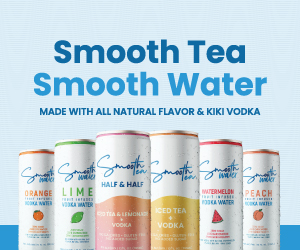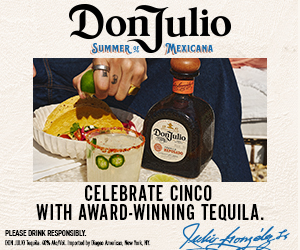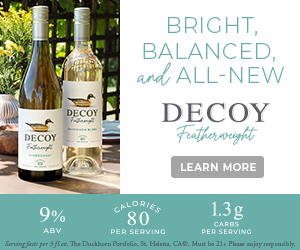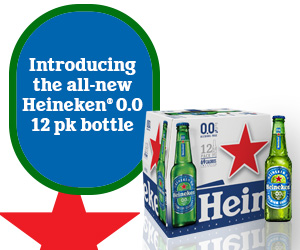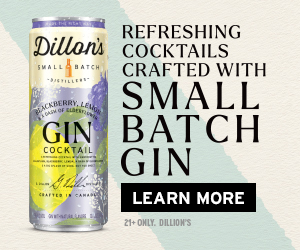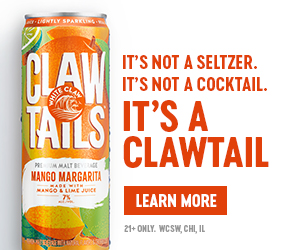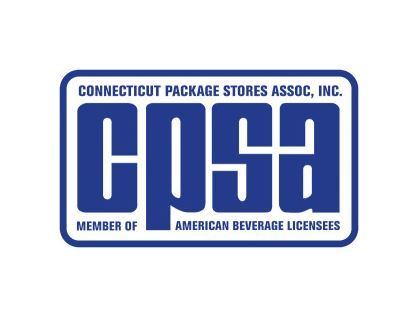

Sean Hughes, Account Director, Connecticut Package Stores Association.
By Sean Hughes
It has been just about a year since wine sales in grocery stores in the state of Colorado have been allowed. The expansion was approved by the voters of Colorado when they passed Proposition 125. It passed by only 1.2%, an extremely narrow vote when looking at the margins of voting percentages for the other propositions that were on the ballot. So here we are, a year later after grocery stores started selling wine. Colorado Public Radio News recently did an in-depth story to cover the effects on the industry in the state—talking with store owners, distributors and manufacturers who have all felt some variation of change.
In the last year, the Colorado Department of Revenue has reported that there has been some loss in small package stores across the state as they have had to close their doors. What the data does not show is the amount of package stores that are currently listed for sale.
One of those store owners who was lucky enough to sell was Kate Conte, the former owner of Grape Escape in Denver. She sold her store after 24 years in business once grocery stores started to outcompete popular wine brands. Another store, Bottle Shop 33—which had been named the Best Liquor Store in Denver by the Denver Westword paper—closed its doors after a decade in business. The rosé and sparkling wine market that was a staple for the store in the summer season completely fell off. Their wine sales dropped 20% in the first year alone.
Across the city, Matthew Amerson of Mayfair Liquors in Denver, which opened in 1959, said he has lost nearly a third of his wine sales to grocery stores. Being a medium-size store has helped Amerson keep Mayfair Liquors open. While he does not have a large store that has a big overhead—costs such as utility and rent—he is not a small store either. This, in Amerson’s viewpoint, has allowed him the freedom to navigate the ever-changing marketplace. One dark side to the industry now is the loss of other small retail stores, meaning the shrinking pool of customers from those stores who do not want to buy at grocery stores become his customers. “If other stores go away and I’m around, there are people that don’t want to buy stuff at the grocery store … and they’re going to come to me,” he said. “But it doesn’t feel great to hope for the failure of other small businesses so that I survive.”
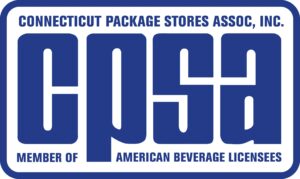 In response to the year since Proposition 25 passed, store owners introduced House Bill 24-1373 to the Colorado legislature, which would restrict hard liquor and spirits sales in grocery stores. With wine seen as a gate opener for more liquor products to flood supermarkets, this bill intends to preempt those efforts further. The bill specifies that only liquor stores would be able to sell them, whereas now grocers can if they carry the correct licenses. Mat Dinsmore, who owns two liquor stores in Northern Colorado and is the President of Colorado Independent Liquor Stores United, said since Proposition 125 went into effect, at least 100 independent liquor stores—and possibly as many as 150—have closed across the state, as reported on 9NEWS Denver on April 7.
In response to the year since Proposition 25 passed, store owners introduced House Bill 24-1373 to the Colorado legislature, which would restrict hard liquor and spirits sales in grocery stores. With wine seen as a gate opener for more liquor products to flood supermarkets, this bill intends to preempt those efforts further. The bill specifies that only liquor stores would be able to sell them, whereas now grocers can if they carry the correct licenses. Mat Dinsmore, who owns two liquor stores in Northern Colorado and is the President of Colorado Independent Liquor Stores United, said since Proposition 125 went into effect, at least 100 independent liquor stores—and possibly as many as 150—have closed across the state, as reported on 9NEWS Denver on April 7.
On the distributor side, things were quite interesting. Matthew Roesch of Anvil Wine Company, which specializes in small European wines, has seen a few of his package store customers close their doors. His wine portfolio is small and is not sold in grocery stores, mostly because they don’t have the supply that the grocery stores would need. The predominant wines being sold in grocery stores currently are mass-produced wines from California. Another change that Roesch has seen in the industry is that stores are not buying large quantities of products at one time. The orders have become much smaller as store owners do not want to have a lot of reserve products.
For the manufacturers, there is also a change in the marketplace. Patric Matysiewski is the Winemaker for Sauvage Spectrum, a winery in Colorado. The winery itself started in 2019 and sells to about 200 liquor stores. The stores that they sell to are not ordering as much and are in an uncertain area for their business. There is a fear in the industry of who is going to make it and who is not. Diebolt Brewing is a local brewery in Denver. They tested out selling their craft beers in supermarkets, but Matysiewski found that the shelf-space system was very “mercenary” when compared to liquor stores. He has since removed his products from grocery stores and is focusing on liquor stores. While he has not heard of a lot of stores closing, he has seen quite a few changes in ownership in the last year.
While we are a year into wine in grocery stores, already so much has changed in the industry. One thing seems evident: The only true winner in all of this is the entity that was pursuing this all along—the grocery stores. Time will tell how many stores can continue to survive this changing market a year from now.
Find out more about any of these issues and the benefits of membership at ctpsa.com.

